New C-100 chair steers clear course
Updated: 2016-04-15 12:51
By CHANG JUN in San Francisco(chinadaily.com.cn)
|
||||||||
Frank Wu, the new chairman of the Committee of 100 (C-100), is ready to lead his organization of exceptional Chinese Americans to keep pursuing its two-pronged mission - ensuring full inclusion, equality and participation of Asian Americans in all aspects of civic life, and advancing the China-US relationship to a new high.
Defining himself as a "bridge-builder," Wu recognized the role the C-100 has been playing as a high-level bridge between Beijing and Washington in fostering US-China dialogue, facilitating mutual trust between the two nations, helping develop leadership skills for the next generation and achieving full inclusion for Asian Americans into every segment of American society.
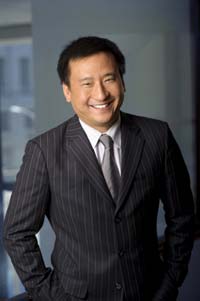 |
|
Frank Wu, the new chairman of the Committee of 100 (C-100). Provided to China Daily |
The C-100 will hold its annual conference on April 16 in Beverly Hills this year, followed by a two-day summit and town hall meeting complete with seminars, keynote speakers sessions and networking opportunities.
A veteran professional of legal practice and education, Wu is currently a professor at the University of California-Hastings law school, where he previously served as chancellor and dean and received a unanimous reelection for a second term after being voted "the most influential dean" in legal education in a poll by National Jurist magazine.
On the relationship building between China and the US, Wu said the momentum keeps changing over the years. Twenty-five years ago, only people who were forward-thinking and visionary understood that someday the relationship would be very important, he said.
"Ten years ago, people who followed world affairs understood the US-China relationship would one day be the most important of all international relations," Wu said. "Now it's the future, that day has come. Now everybody in the US and China understands the importance of that relationship - economically, politically and culturally."
"That's the change over time. China has become much more powerful, much more influential. People who were dubious of China's rise 10 years ago now understand that this is inevitable," Wu said. "Regardless of what your political views are and what you do, everything that happens in China now affects the United States."
As an example, Wu mentioned that China investors are leaving a bigger and bigger footprint in the American movie industry, including Hollywood. In January, Dalian Wanda Group, China's leading real estate and entertainment enterprise, spent $3.5 billion buying a controlling stake in Legendary Pictures, the studio that did blockbusters like Jurassic World.
The largest ever of its kind, the acquisition is hoped to enable greater distribution of Chinese films to international audiences.
The current conversation between the US and China is "not just politics, not just finance, it's also culture," said Wu, who emphasized that so many elements now intertwine, interrelate and interplay with each other to create the new chapter of the bilateral relationship.
Among several ongoing programs of the Committee of 100 is their US-China Policy Speakers Series, held quarterly. The forum invites policy experts with contrasting views on China to share their ideas and provide nuanced perspectives beyond the headlines on issues that impact bilateral relations. The emphasis is on constructive collaboration as opposed to conflict.
The influence of Chinese Americans continues to rise across all dimensions in the US, said Wu. In contrast to the stereotyped image of immigrants building the railroads and being socioeconomically disadvantaged, the new generation is well-educated and accomplished.
Still, Chinese Americans are more likely to be targeted for economic espionage charges and the committee keeps a close eye on the rising incidences of such allegations, particularly against specific ethnic groups. The committee organized a seminar in February with the Asian Pacific-Islander American Public Affairs Association titled Trade Secrets and Economic Espionage: Legal Risks in Advancing Technology between the US and China.
Exploring issues particularly relevant to Chinese-American and Asian federal employees, government contractors and professionals in STEM (science, technology, engineering and mathematics), C-100 tried to inform the public about the complexities of the American legal system, as well as to consolidate the collective outcry from Chinese Americans community that this kind of racial profiling was not right.
"That is wrong. That practice violates the American principles that make the US great," said Wu.
In the future, the Committee of 100 will continue to execute existing programs - such as the US-China Public Perceptions Opinion Survey that gathers data and provides policy-makers with the true picture and attitudes from both countries - recruit new members along the way and serve as a bridge to connect China and the US across the Pacific Ocean, said Wu.
Wu is dedicated to civic engagement and volunteer service. His hometown is Detroit, where his father was an automobile engineer. "Now every US automaker, Ford, General Motors, for example, needs to do research on the needs and wants of Chinese customers before they design a new model," said Wu.
junechang@chinadailyusa.com

 8 good books from London Book Fair you can't miss
8 good books from London Book Fair you can't miss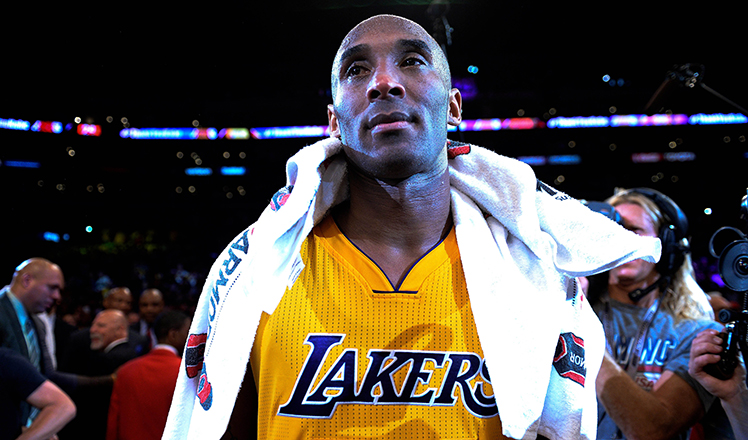
 Kobe Bryant's accomplishments by the numbers
Kobe Bryant's accomplishments by the numbers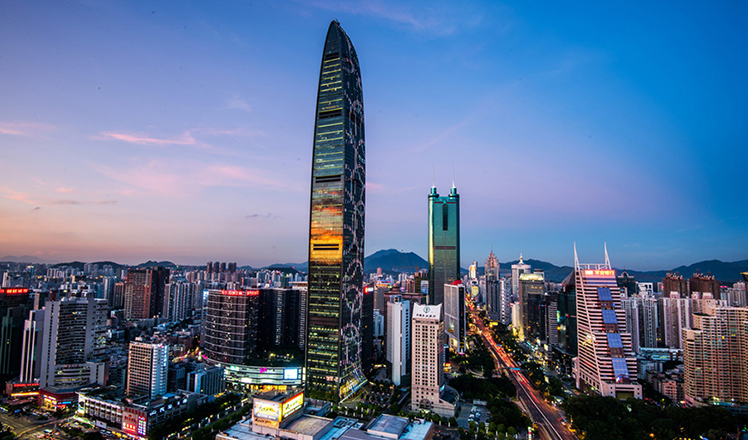
 Top 10 Chinese cities with biggest surge in home prices
Top 10 Chinese cities with biggest surge in home prices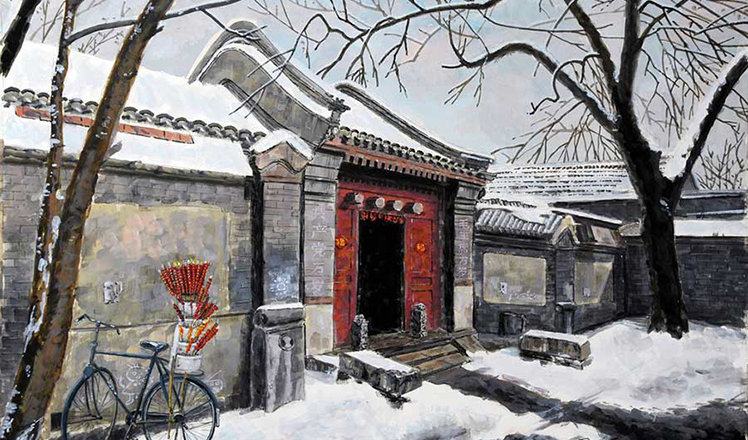
 Beijing Hutongs revived in watercolors
Beijing Hutongs revived in watercolors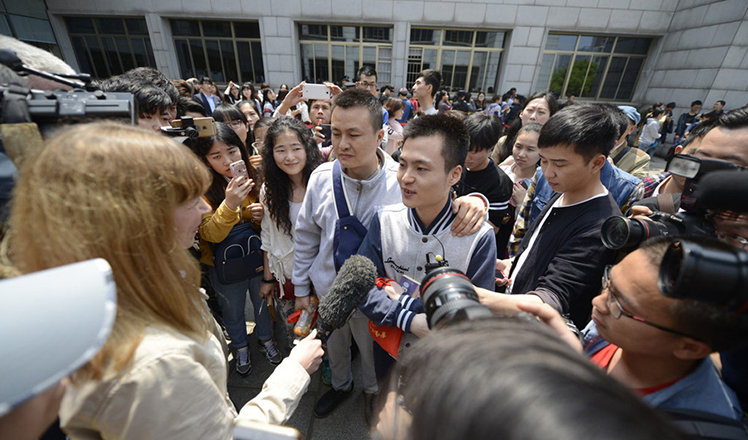
 China's couple lose same-sex marriage case
China's couple lose same-sex marriage case
 Thank you Kobe, say Chinese fans in countdown to retirement
Thank you Kobe, say Chinese fans in countdown to retirement
 3D printers from China at New York show
3D printers from China at New York show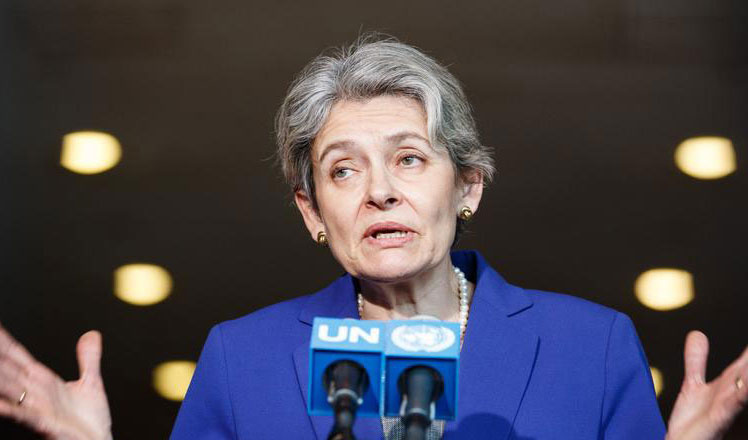
 UN takes historic step to open selection of new UN chief
UN takes historic step to open selection of new UN chief
Most Viewed
Editor's Picks

|

|

|

|

|

|
Today's Top News
Duke alumni visit Chinese Embassy
Marriott unlikely to top Anbang offer for Starwood: Observers
Chinese biopharma debuts on Nasdaq
What ends Jeb Bush's White House hopes
Investigation for Nicolas's campaign
Will US-ASEAN meeting be good for region?
Accentuate the positive in Sino-US relations
Dangerous games on peninsula will have no winner
US Weekly

|

|







